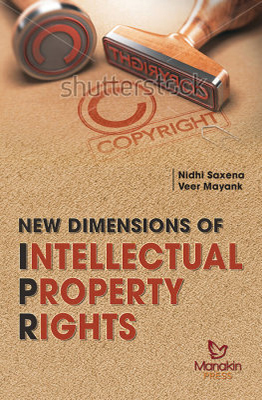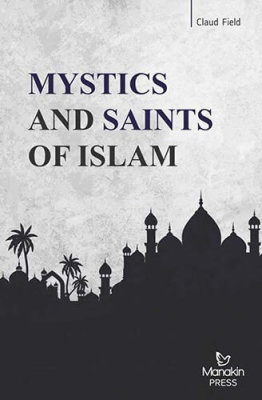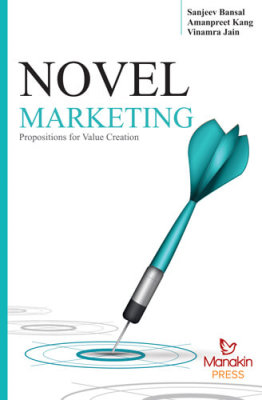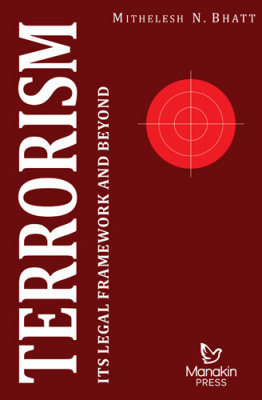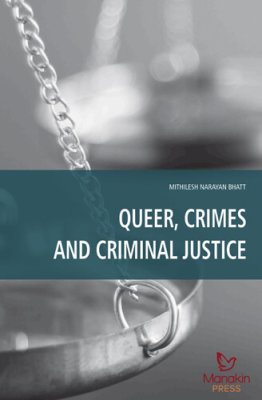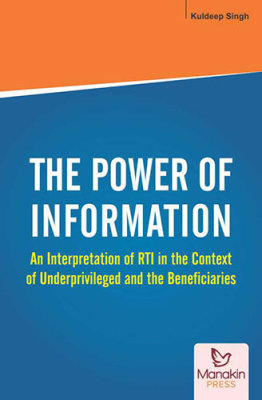Nidhi Saxena | Veer Mayank | Category: Law
Binding Type: Hard Binding
Book Details
ISBN: 9789386221933
YOP: 2019
Pages: 400
Order also on
The concept of commons is based on the attributes of exclusion and permissions. The limitations or boundaries on the use of a particular resource provide the exclusivities that provide a resource with the necessary incentive for its development. Where a resource is freely available for everyone to use, the interest in the development or investment in the development of the resource is lost. In the case of knowledge, however, exclusivity is difficult to attain since the utility of knowledge is only when it is known and once it is known it is non-excludable. If a new technology is valuable, it is likely to be copied or imitated, reducing the potential profits of the original inventor and potentially removing the incentive to engage in innovative activities. The significance of intellectual property rights (IPRs) has acquired increased importance in contemporary world in the wake of rapid growth and proliferation of technology. The Agreement establishing the World Trade Organization contains, inter alia, an Agreement on Trade-Related Aspects of Intellectual Property Rights. The theme of the book centres on visualizing the changes that the current regime of IPR is undergoing in the context of globalization and the technological revolution. This book is designed keeping in mind research needs of LLB, LLM, M.Phil & PhD students of law for carrying out their research in IPR. Along with synchronizing various aspects of the problems related with dealing in the emerging issues in IPR, efforts have been made to analyse the relevant provisions of laws. Efforts would be made to suggest amendment to the provisions of laws so as to harmonize the provisions for the achieving a better balance between the needs of the society and the rights of the creator or author of the knowledge. In view of above, the editor of this book very humbly hopes that it will be useful not only to those who are learned in law, law students and research scholars but also to the public in general, since endeavour has been made to provide adequate and reliable position of the prevailing law.
1. Protecting Traditional Cultural Heritage in the Maximalist
Regime of Intellectual Property Protection: Contours of a Sui-Generis Regime
2. Past and Present – Intellectual Property Rights in the Ancient Indian Context
3. Revisiting the Existing Patent Laws- A Contextual Study of Biotechnology Inventions & Intellectual Property Rights
4. Traditional Knowledge and Intellectual Property Rights
Protection: The Unexploited Source of Future Economic Supremacy
5. Pragmatic Approach to the Dynamics of ‘Library Database’ & ‘Copyright’, In Indian Perspectives
6. Sui Generis System and Protection of Plant Varieties: A Critique
7. Harmonious Construction between Corporate Social Responsibility and Intellectual Property Rights: Bedrock for the Social Justice in Welfare State
8. Untorrenting the Cyberspace: The Cross-sectional Interface of Freedom of Speech and Expression and Copyright in Indian Context
9. Criminal Enforcement of Trademarks and Copyright Law: Foreign & Indian Perspective
10. Trade Secret Protection in Food Industry in India
11. Enforcement of Intellectual Property: A Review of Existing Framework of Law
12. A Study of International & National Legal Issues Relating to Intellectual
Properties in Offshoring
13. Sui Generis Legislations Including Protection of New Varieties of Plants
14. Law Relating to Trade Secrets: An Analysis
15. Intellectual Property Vis A Vis Aboriginals Knowledge
16. Cybersquatting and Trademark Issues: Uniform Domain Dispute Resolution Policy
17. Overview of Domain Name Disputes and Regulatory Framework
18. Cyber Forensics – A New Dawn
19. Cyber Pirates and Protection of Software Copyright
20. Recent Trends for Control of Anti-Competitive Practice in Contractual Licenses
The concept of commons is based on the attributes of exclusion and permissions. The limitations or boundaries on the use of a particular resource provide the exclusivities that provide a resource with the necessary incentive for its development. Where a resource is freely available for everyone to use, the interest in the development or investment in the development of the resource is lost. In the case of knowledge, however, exclusivity is difficult to attain since the utility of knowledge is only when it is known and once it is known it is non-excludable. If a new technology is valuable, it is likely to be copied or imitated, reducing the potential profits of the original inventor and potentially removing the incentive to engage in innovative activities. The significance of intellectual property rights (IPRs) has acquired increased importance in contemporary world in the wake of rapid growth and proliferation of technology. The Agreement establishing the World Trade Organization contains, inter alia, an Agreement on Trade-Related Aspects of Intellectual Property Rights. The theme of the book centres on visualizing the changes that the current regime of IPR is undergoing in the context of globalization and the technological revolution. This book is designed keeping in mind research needs of LLB, LLM, M.Phil & PhD students of law for carrying out their research in IPR. Along with synchronizing various aspects of the problems related with dealing in the emerging issues in IPR, efforts have been made to analyse the relevant provisions of laws. Efforts would be made to suggest amendment to the provisions of laws so as to harmonize the provisions for the achieving a better balance between the needs of the society and the rights of the creator or author of the knowledge. In view of above, the editor of this book very humbly hopes that it will be useful not only to those who are learned in law, law students and research scholars but also to the public in general, since endeavour has been made to provide adequate and reliable position of the prevailing law.
1. Protecting Traditional Cultural Heritage in the Maximalist
Regime of Intellectual Property Protection: Contours of a Sui-Generis Regime
2. Past and Present – Intellectual Property Rights in the Ancient Indian Context
3. Revisiting the Existing Patent Laws- A Contextual Study of Biotechnology Inventions & Intellectual Property Rights
4. Traditional Knowledge and Intellectual Property Rights
Protection: The Unexploited Source of Future Economic Supremacy
5. Pragmatic Approach to the Dynamics of ‘Library Database’ & ‘Copyright’, In Indian Perspectives
6. Sui Generis System and Protection of Plant Varieties: A Critique
7. Harmonious Construction between Corporate Social Responsibility and Intellectual Property Rights: Bedrock for the Social Justice in Welfare State
8. Untorrenting the Cyberspace: The Cross-sectional Interface of Freedom of Speech and Expression and Copyright in Indian Context
9. Criminal Enforcement of Trademarks and Copyright Law: Foreign & Indian Perspective
10. Trade Secret Protection in Food Industry in India
11. Enforcement of Intellectual Property: A Review of Existing Framework of Law
12. A Study of International & National Legal Issues Relating to Intellectual
Properties in Offshoring
13. Sui Generis Legislations Including Protection of New Varieties of Plants
14. Law Relating to Trade Secrets: An Analysis
15. Intellectual Property Vis A Vis Aboriginals Knowledge
16. Cybersquatting and Trademark Issues: Uniform Domain Dispute Resolution Policy
17. Overview of Domain Name Disputes and Regulatory Framework
18. Cyber Forensics – A New Dawn
19. Cyber Pirates and Protection of Software Copyright
20. Recent Trends for Control of Anti-Competitive Practice in Contractual Licenses

